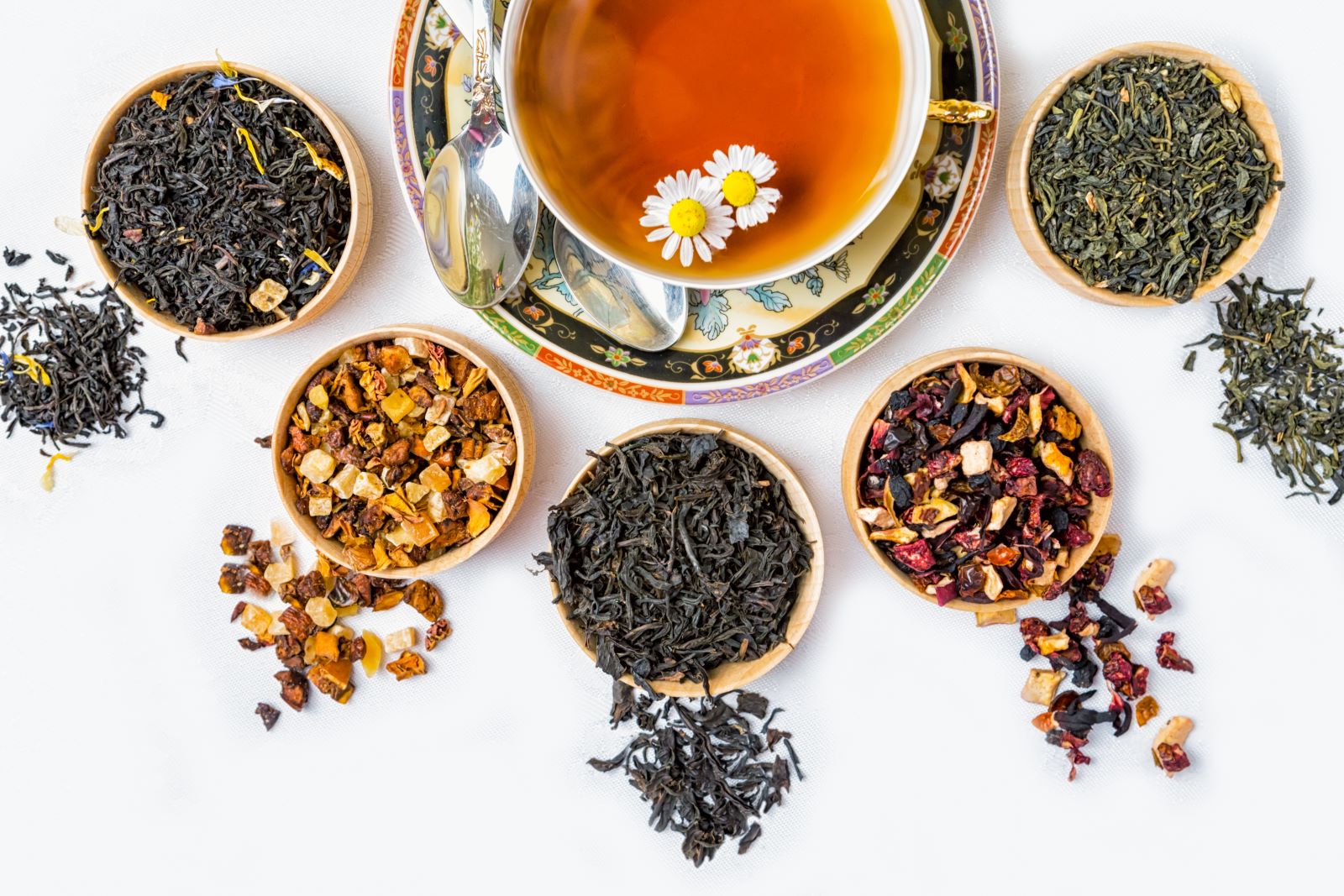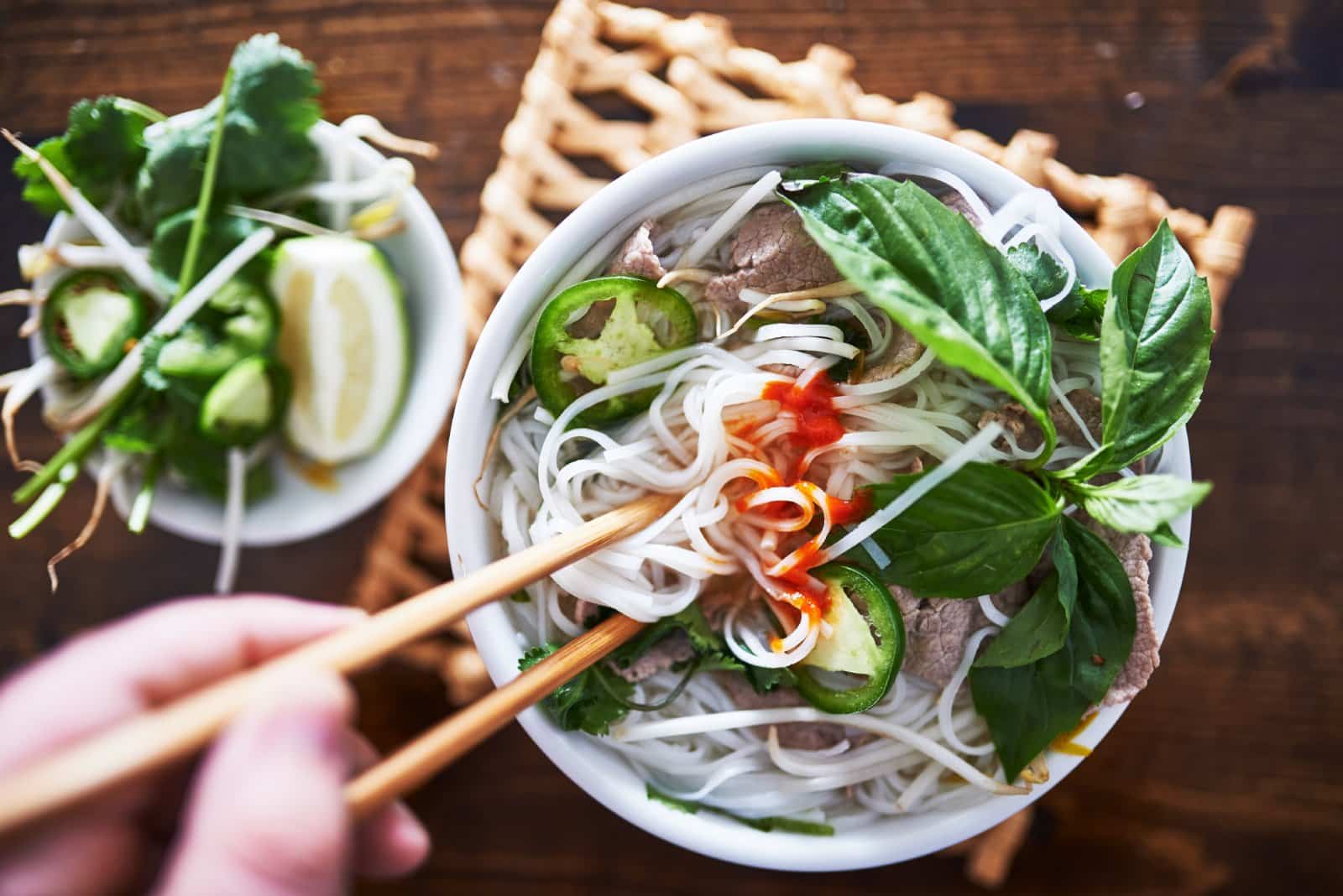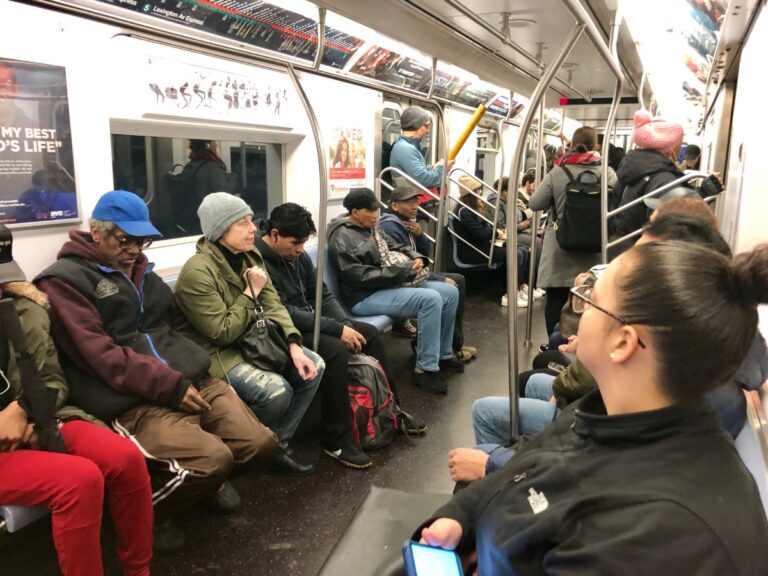Breaking the Taboo: Conversations on Race and Religion in America
Race and religion have always been contentious topics in America, often whispered about rather than openly discussed. Yet, in a society that prides itself on free speech and equality, why are these conversations still taboo? The reluctance to address these issues head-on perpetuates misunderstandings and divisions.
The Intersection of Identity

Race and religion are deeply intertwined aspects of personal identity. For many, their faith and racial background are inextricable, influencing their worldview and experiences.
According to a Pew Research Center survey, 79% of African Americans identify as Christian, a statistic that underscores the importance of faith in the Black community’s cultural fabric.
Historical Context

The historical relationship between race and religion in America is complex. From the use of Christianity to justify slavery to the role of Black churches in the Civil Rights Movement, religion has been both a tool of oppression and liberation.
The Library of Congress provides extensive documentation on how faith communities have navigated racial issues throughout American history.
Modern-Day Divides

Today, many religious congregations remain racially homogeneous. This segregation can perpetuate ignorance and bias, as individuals are less likely to encounter diverse perspectives within their faith communities.
A 2015 study by Michael Emerson found that only 13.7% of American congregations are racially mixed, highlighting a significant divide.
Confronting Discrimination

Religious institutions have the power to challenge racial discrimination, but doing so requires uncomfortable conversations.
Leaders like Reverend Dr. William Barber II advocate for a “fusion coalition” of diverse faith groups to address systemic racism.
The Poor People’s Campaign, which he co-leads, emphasizes the moral imperative for religious communities to fight for racial justice.
The Role of Education

Educational programs within religious organizations can foster understanding and inclusivity.
Initiatives like the Interfaith Youth Core bring together young people from different racial and religious backgrounds to engage in dialogue and service projects, promoting empathy and cooperation.
Breaking the Silence

Breaking the taboo around race and religion requires intentional efforts to create safe spaces for dialogue.
Faith leaders and congregants must be willing to listen, learn, and address their own biases.
The Southern Poverty Law Center suggests structured discussions and workshops as effective tools for initiating these conversations.
The Power of Stories

Personal narratives can bridge gaps in understanding. Sharing stories of how race and religion intersect in individual lives can humanize abstract issues and foster deeper connections.
Platforms like StoryCorps provide opportunities for people to share their experiences, promoting empathy and solidarity.
A Call to Action

It’s time for religious communities to lead by example in addressing racial issues. This involves not only dialogue but also action—advocating for policies that promote equality and justice.
The National Council of Churches has called on its members to engage in anti-racism work, emphasizing the need for faith-driven advocacy.
Looking Forward

As America grapples with its legacy of racial injustice, religious communities have a crucial role to play.
By breaking the silence and fostering open, honest conversations, they can help build a more inclusive and equitable society.
The future of race and religion in America depends on our collective willingness to confront these issues head-on and work toward understanding and healing.
Not All Tea Is Good for You: List of Teas to Avoid and to Stick To

Not all teas are healthy and some might actually harm your health with poor ingredients. But how can you tell the good from the bad? This guide aims to help you make informed choices without turning you into a tea expert overnight. Not All Tea Is Good for You: List of Teas to Avoid and to Stick To
America’s Spiritual Revolution: Turning Away from Christianity to Embrace Alternatives

As church attendance declines, Americans are exploring diverse spiritual paths, from stargazing druids to unconventional deities like Wi-Fi gods and extraterrestrials. Explore the quirky and sometimes controversial new religions capturing attention as people seek meaning beyond traditional Christianity. America’s Spiritual Revolution: Turning Away from Christianity to Embrace Alternatives
25 Must-Try Global Delicacies

From Bangkok’s bustling streets to Parisian cafes, every corner of the world offers something special for your taste buds. And you don’t have to travel far; even in the USA, you can find a world of flavors. Here are 25 global delicacies every foodie should try, including some local favorites! 25 Must-Try Global Delicacies
Featured Image Credit: Pexels / Kelly.
For transparency, this content was partly developed with AI assistance and carefully curated by an experienced editor to be informative and ensure accuracy.






